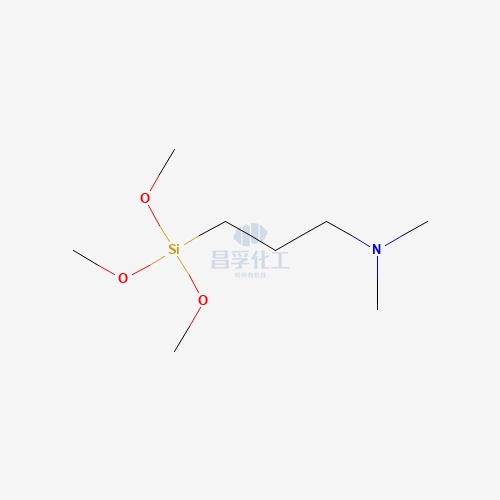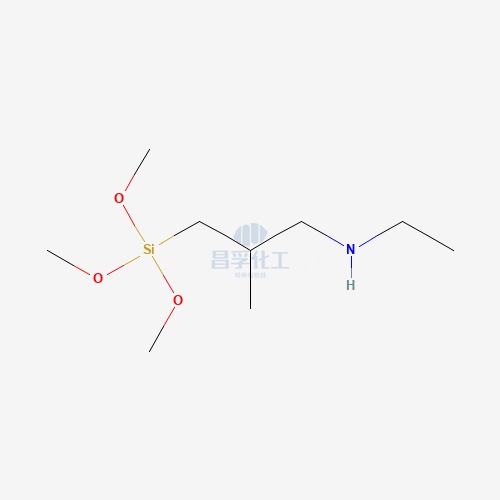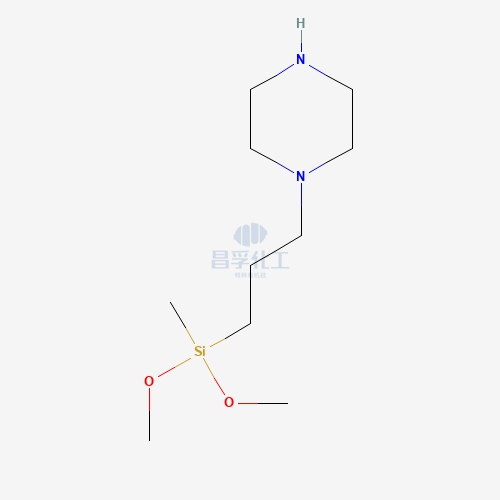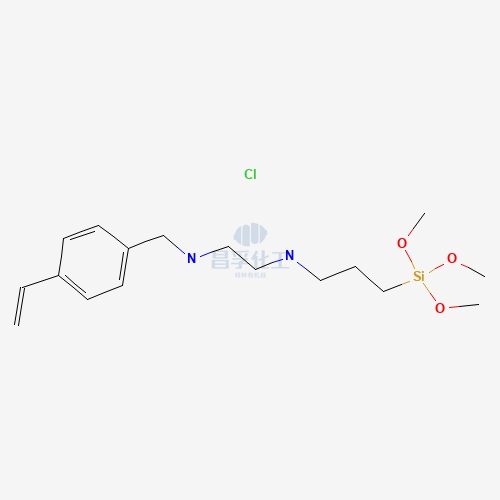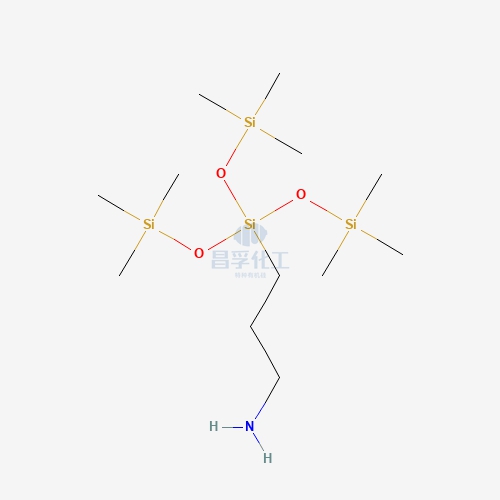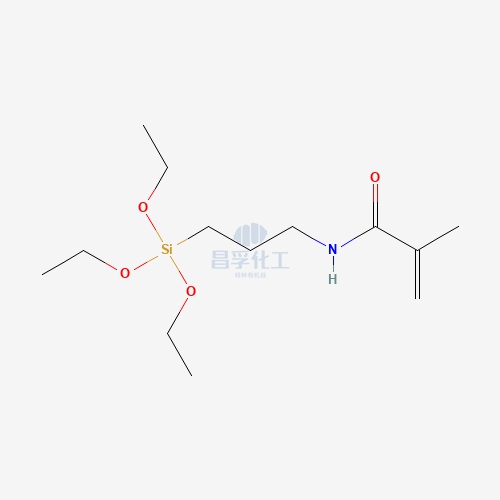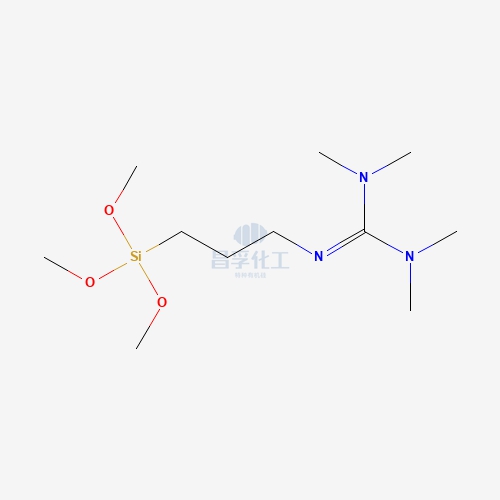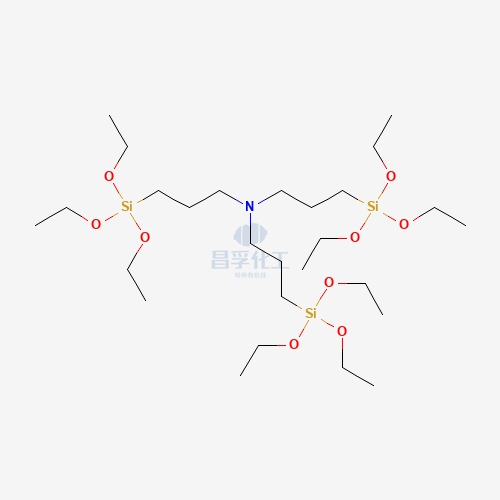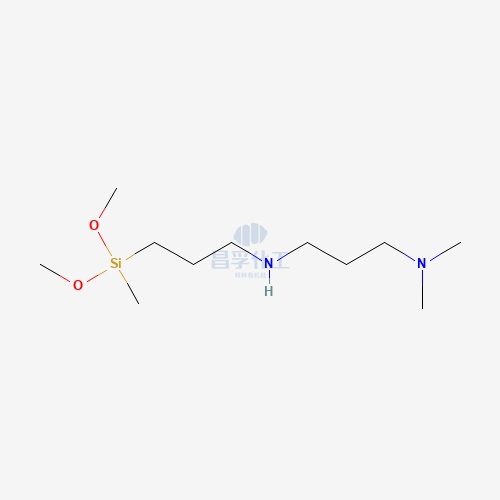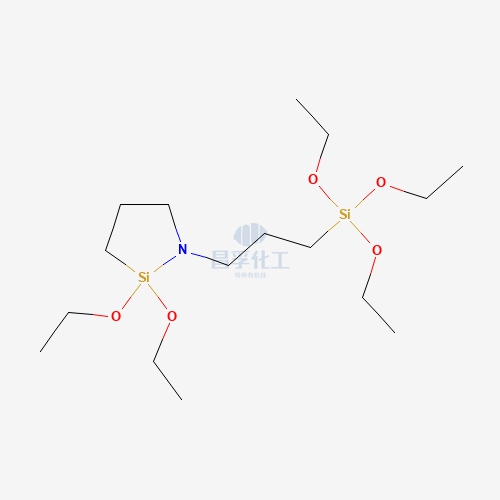
Contact Changfu Chemical Now!
+86 27 8439 6550 | +86 181 6277 0058
A Comprehensive Guide to Common Silicon Compounds in Industry and Daily Life
Silicon, a versatile and abundant element, has transformed the way we live and work. It is the second most abundant element in the Earth’s crust, following oxygen, and its compounds are indispensable to modern society. From the sand beneath our feet to the semiconductors in our devices, silicon compounds permeate every facet of life.
This comprehensive guide delves into common silicon compounds, exploring their properties, applications, and how they shape industries and everyday life. Whether you're curious about their role in technology, construction, or household products, this guide will provide insights into why a compound of silicon is often at the heart of innovation.

What Are Silicon Compounds?
Silicon compounds are chemical substances formed when silicon combines with other elements like oxygen, hydrogen, or carbon. These compounds occur naturally in minerals like quartz and can also be synthesized for specialized purposes.
- Definition: A silicon compound is a chemical combination of silicon with one or more elements, forming a stable structure with unique properties.
- Natural Occurrence: Many common silicon compounds, such as silicon dioxide (SiO₂), are found in the Earth’s crust, making them readily available for industrial use.
- Synthesis: In industries, synthetic silicon compounds like silicones are manufactured to meet specific requirements, such as flexibility, durability, and heat resistance.
The ability of silicon to bond with various elements gives rise to a diverse range of compounds, each with distinct characteristics and uses.
Common Silicon Compounds and Their Characteristics
Let’s explore the most prominent silicon compounds, their properties, and their widespread applications.
1. Silicon Dioxide (SiO₂)
Silicon dioxide, or silica, is one of the most abundant compounds on Earth. It is the primary constituent of sand and quartz and plays a crucial role in numerous industries.
Properties:
- Hard and brittle
- Chemically inert under most conditions
- High melting point (about 1,710°C or 3,110°F)
Applications:
- Glass Manufacturing: Silicon dioxide is melted and shaped into windows, bottles, and other glass products.
- Cement and Concrete: Silica is a key ingredient in producing strong, durable construction materials.
- Semiconductors: Used as an insulating layer in microchips and electronic circuits.
Daily Life Examples:
- The glass in your windows and smartphones
- Sand on beaches and in playgrounds
- Toothpaste, where it acts as a mild abrasive
Silicon dioxide’s ubiquity makes it one of the most common silicon compounds with an impact on both industry and everyday life.
2. Silicones (Polysiloxanes)
Silicones are synthetic compounds made of silicon, oxygen, and organic groups. Their versatility has made them a staple in industries ranging from healthcare to automotive manufacturing.
Properties:
- Flexible and elastic
- Resistant to extreme temperatures and weather conditions
- Chemically stable and non-toxic
Applications:
- Medical Implants: Silicones are biocompatible, making them ideal for prosthetics, implants, and medical tubing.
- Sealants and Adhesives: Used to waterproof buildings, seal automotive parts, and bond materials.
- Personal Care Products: Found in hair conditioners, lotions, and sunscreens for their smooth application.
Daily Life Examples:
- Baking mats and spatulas that can withstand high heat
- Waterproof coatings for outdoor gear
- Cosmetic products like primers and anti-aging creams
Silicones showcase how a compound of silicon can be tailored for specialized, high-performance applications.
3. Sodium Silicate (Na₂SiO₃)
Commonly known as water glass, sodium silicate is a versatile silicon compound used for its adhesive and binding properties.
Properties:
- Water-soluble and forms a gel-like structure when exposed to air
- Resistant to high temperatures and chemical corrosion
Applications:
- Detergents: Enhances cleaning power and prevents dirt from re-depositing on fabrics.
- Fireproofing Materials: Used to coat surfaces and increase fire resistance.
- Automotive Repairs: Acts as a sealant in engine repairs, such as fixing leaks in radiators.
Daily Life Examples:
- Laundry detergents for stain removal
- Adhesives for cardboard packaging
- Fireproof coatings on furniture and building materials
Sodium silicate exemplifies the practical utility of common silicon compounds in diverse fields.
4. Silicon Carbide (SiC)
Silicon carbide is a high-performance compound known for its hardness and ability to withstand extreme conditions.
Properties:
- Extremely hard, ranking just below diamonds on the Mohs scale
- High thermal conductivity and low thermal expansion
- Excellent electrical properties, suitable for high-power applications
Applications:
- Abrasives: Used in grinding wheels, sandpaper, and cutting tools.
- Ceramics: Enhances the strength and heat resistance of ceramic products.
- Semiconductors: Silicon carbide is increasingly used in power electronics, such as in electric vehicles and solar inverters.
Daily Life Examples:
- Non-stick coatings on cookware
- Heating elements in electric ovens
- High-performance LED lights
Silicon carbide demonstrates how a compound of silicon can drive innovation in advanced materials.
5. Calcium Silicate (Ca₂SiO₄)
Calcium silicate is a lightweight and fire-resistant compound often used in construction.
Properties:
- Excellent insulation properties
- Resistant to moisture and pests
- Non-combustible
Applications:
- Building Materials: Used in plasterboards, insulation panels, and fireproof coatings.
- Industrial Uses: Applied as a refractory material in high-temperature environments like kilns and furnaces.
Daily Life Examples:
- Wall insulation to improve energy efficiency
- Fire barriers in homes and offices
- Structural panels in modern architecture
Calcium silicate highlights the importance of common silicon compounds in ensuring safety and sustainability in construction.
The Role of Common Silicon Compounds in Industry
1. Construction and Infrastructure
Silicon dioxide and calcium silicate are essential for producing concrete, glass, and insulation materials, making modern buildings stronger and more durable.
Fireproofing and waterproofing technologies rely heavily on silicon compounds.
2. Electronics and Semiconductors
Silicon dioxide serves as a crucial insulating layer in microchips, enabling the functionality of computers, smartphones, and other electronic devices.
Silicon carbide is revolutionizing power electronics by improving efficiency and reducing heat generation.
3. Healthcare and Medicine
Medical-grade silicones are used in prosthetics, catheters, and wound dressings due to their biocompatibility and flexibility.
Silicon-based materials are also used in diagnostic equipment and drug delivery systems.
4. Automotive Sector
Silicones are used for gaskets, seals, and adhesives in vehicles, ensuring reliability in extreme conditions.
Silicon carbide enhances the performance of electric vehicle powertrains and braking systems.

Common Silicon Compounds in Daily Life
In addition to their industrial uses, silicon compounds have found a place in our homes and daily routines.
- Silicones: Found in personal care products, cookware, and waterproof fabrics.
- Silicon Dioxide: Used as a food additive and in cleaning products like toothpaste.
- Sodium Silicate: A key ingredient in household detergents and arts and crafts supplies.
The Future of Silicon Compounds
The future of silicon compounds is bright, with advancements in nanotechnology and green chemistry paving the way for innovative applications.
- Silicon Nanotechnology: Promises breakthroughs in medicine, energy storage, and high-speed electronics.
- Sustainable Silicones: Researchers are developing eco-friendly alternatives to reduce the environmental impact of synthetic materials.
- Advanced Ceramics: Silicon carbide is being used in next-generation thermal systems and aerospace components.
Conclusion
From construction materials to cutting-edge electronics, common silicon compounds are integral to the fabric of modern life. Understanding the properties and applications of a compound of silicon helps us appreciate its versatility and significance. As technology evolves, these compounds will continue to shape industries, improve sustainability, and enhance daily life.
Silicon truly is the element of the future, offering endless possibilities through its diverse and invaluable compounds.
Read More: What is Silicone Waterproofing Agent? A Comprehensive Guide
Popular Silicon Compounds
Popular Silicon Compounds
Related News & Blog
Related News & Blog
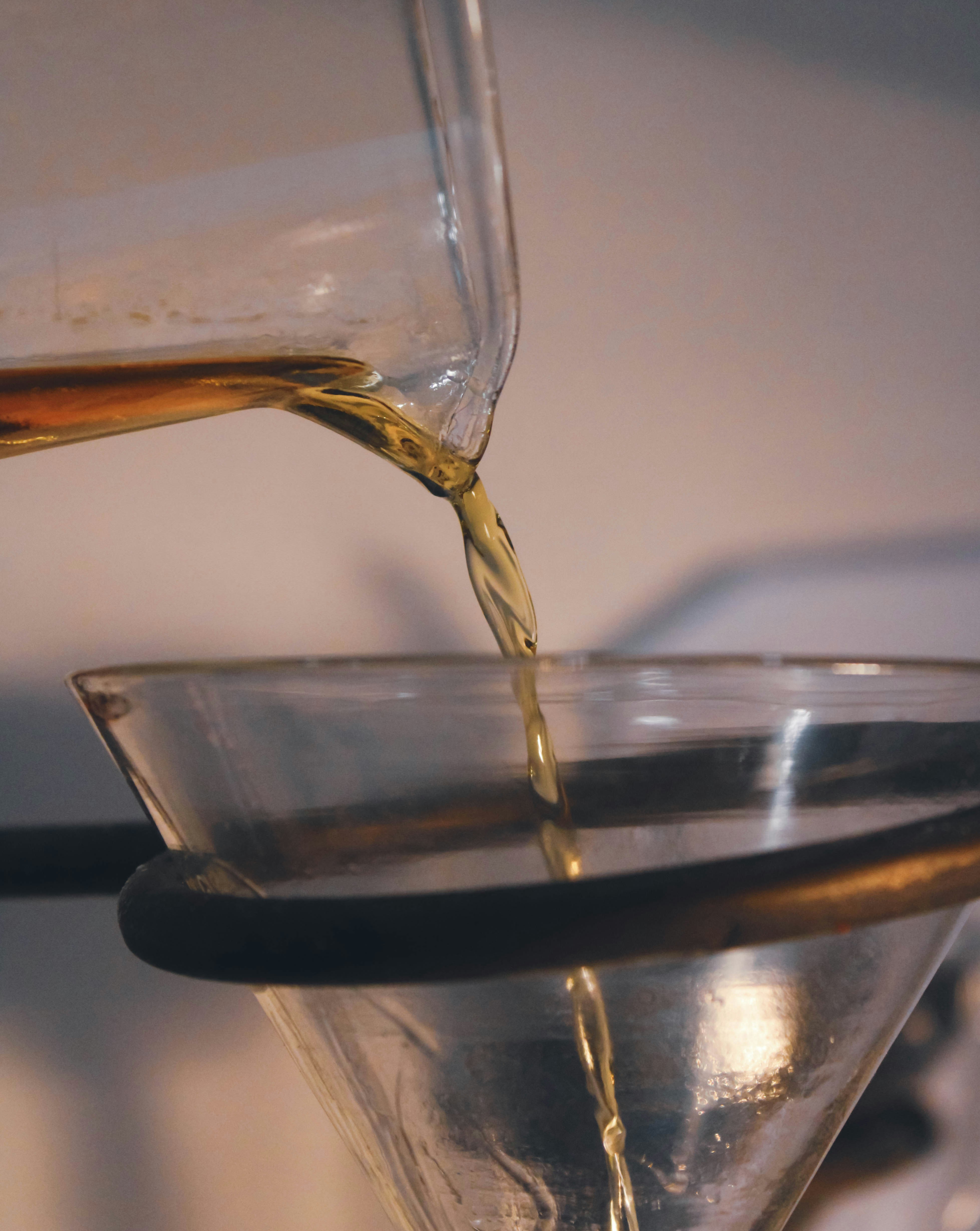

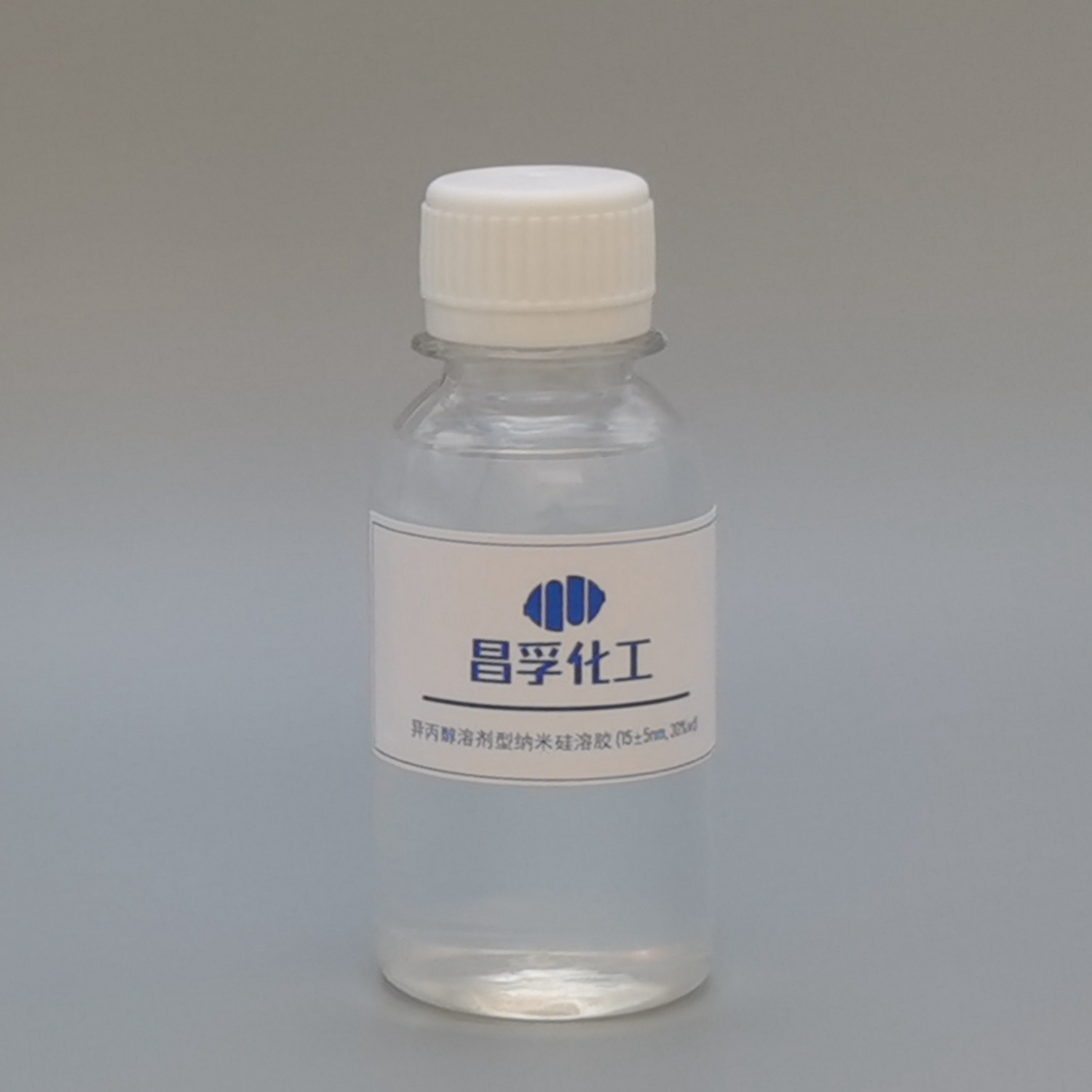
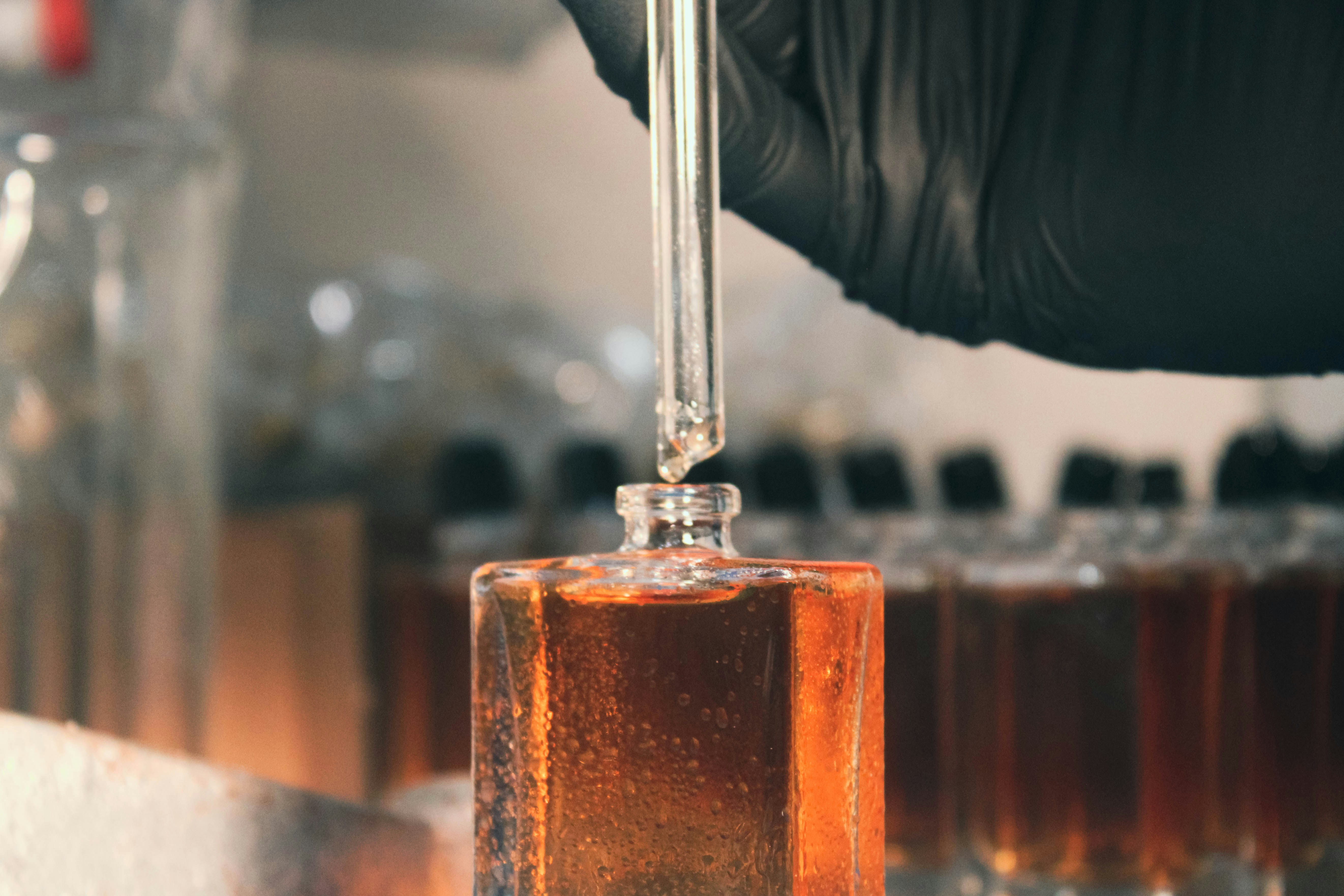
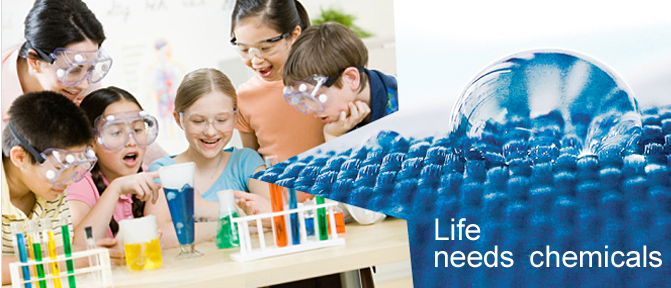








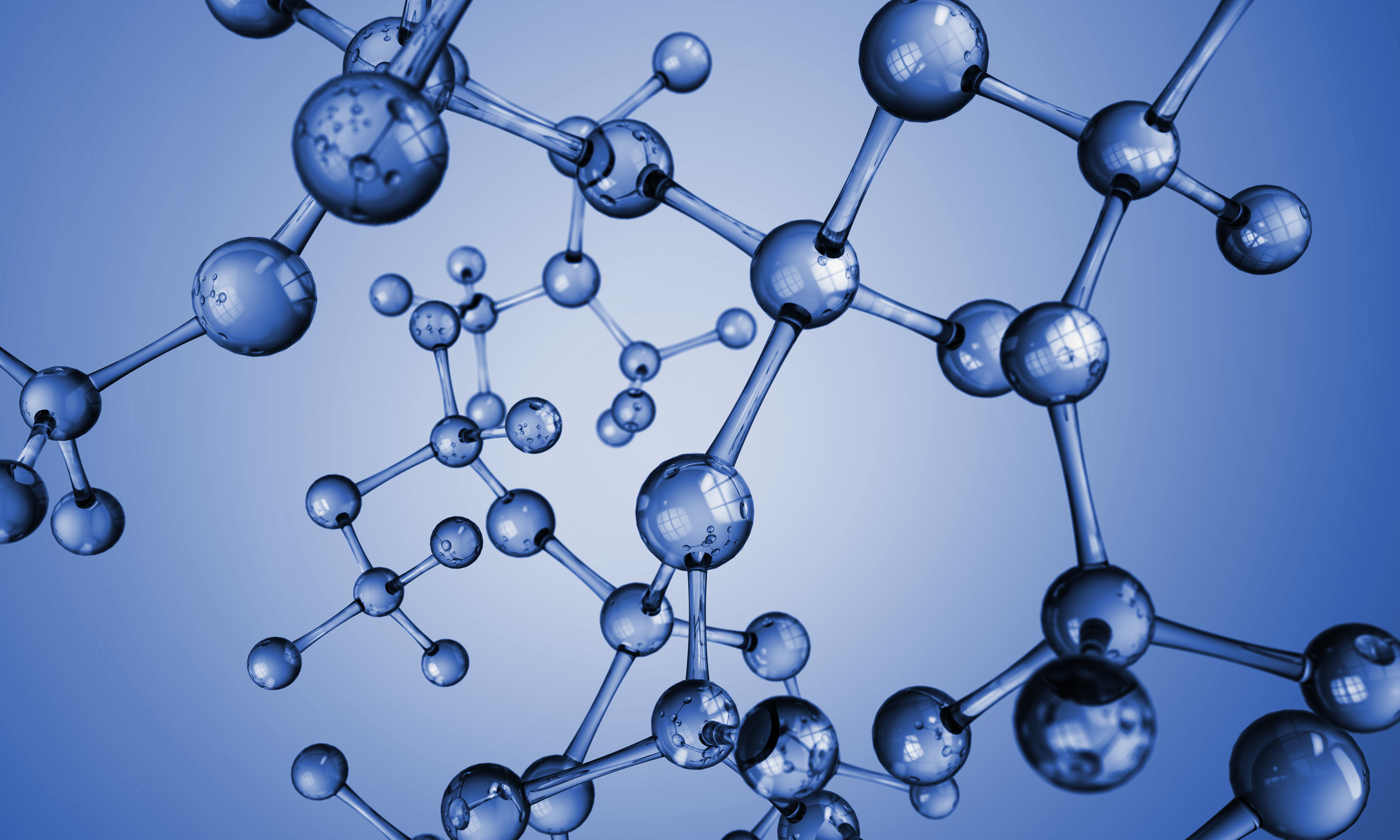










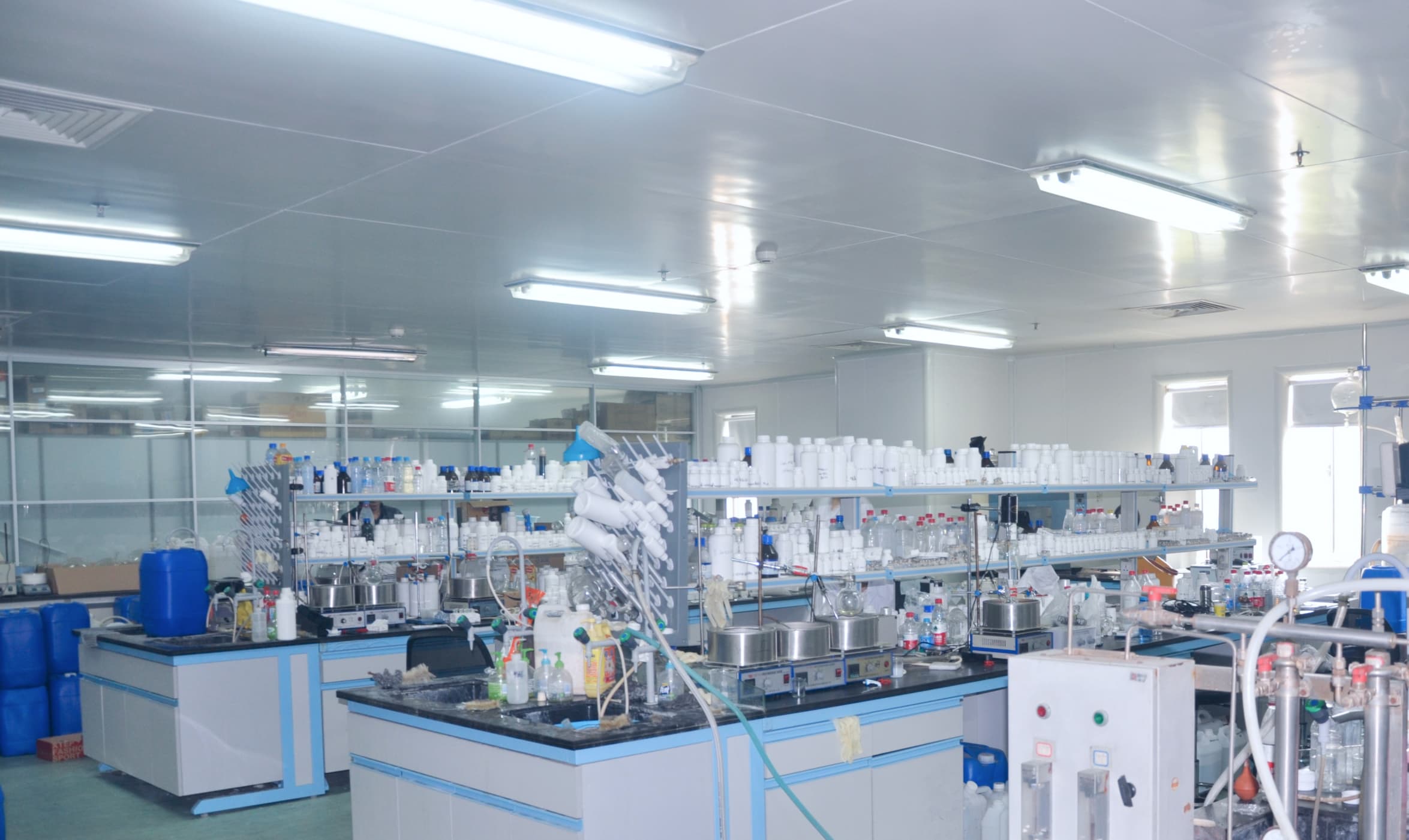


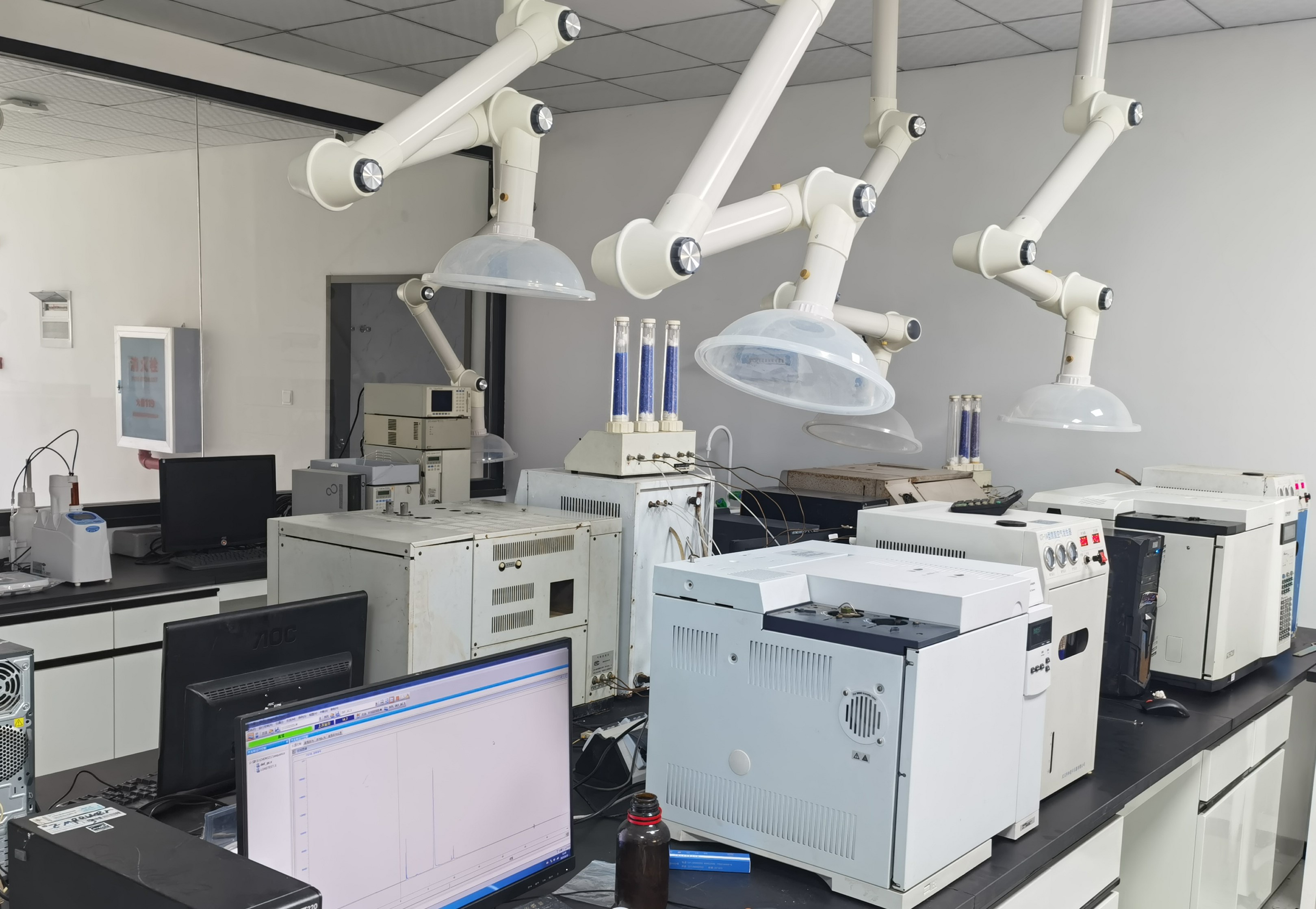



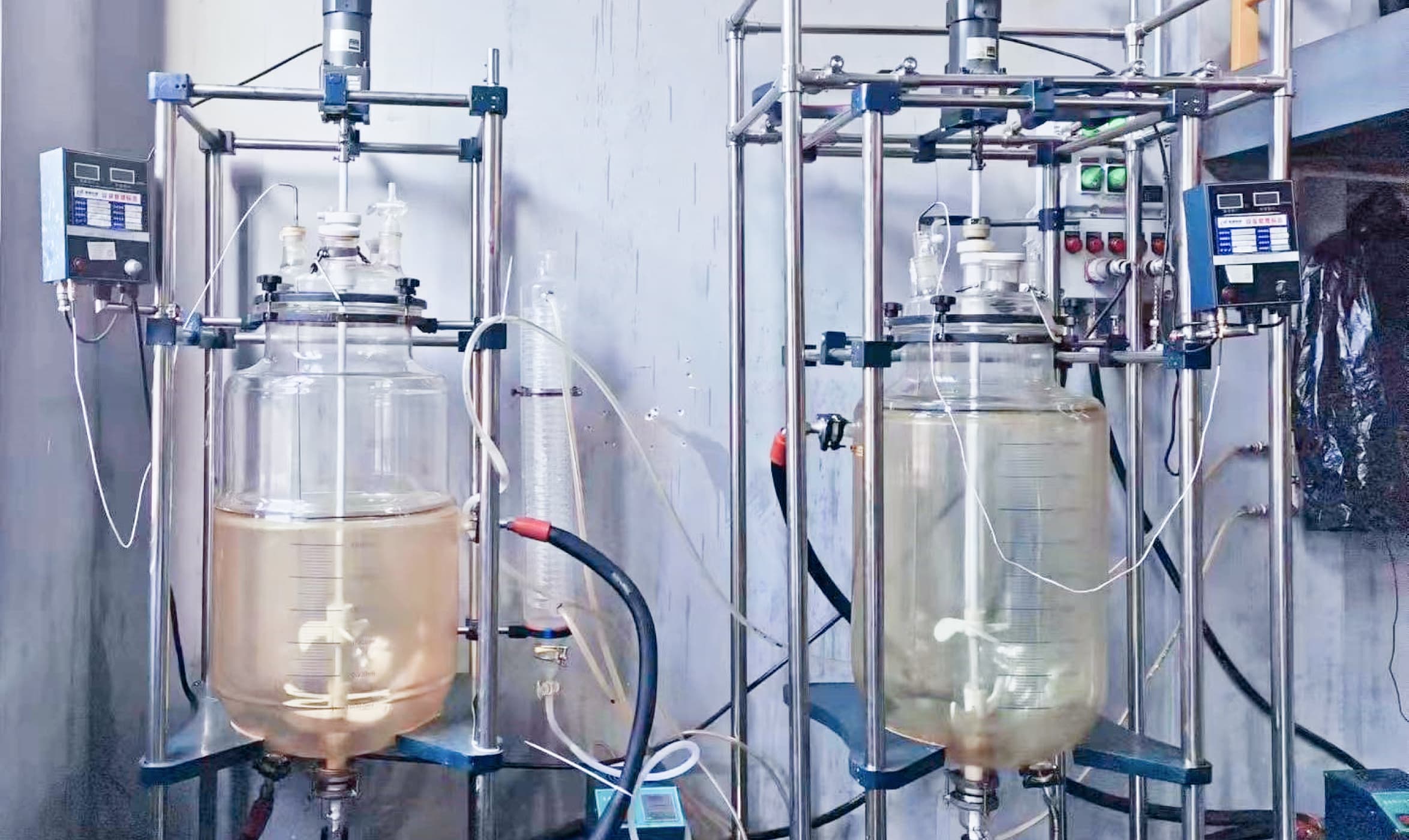



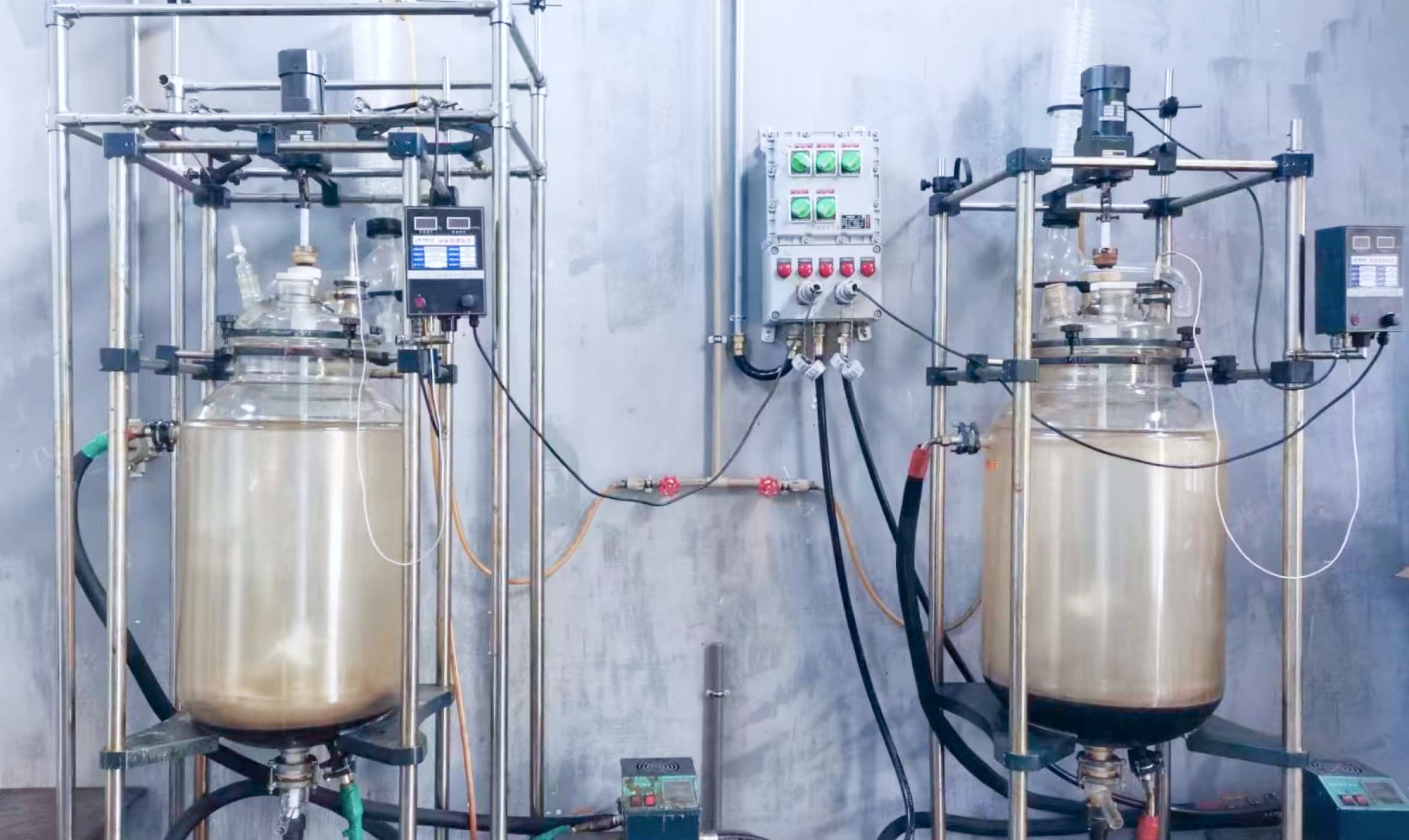
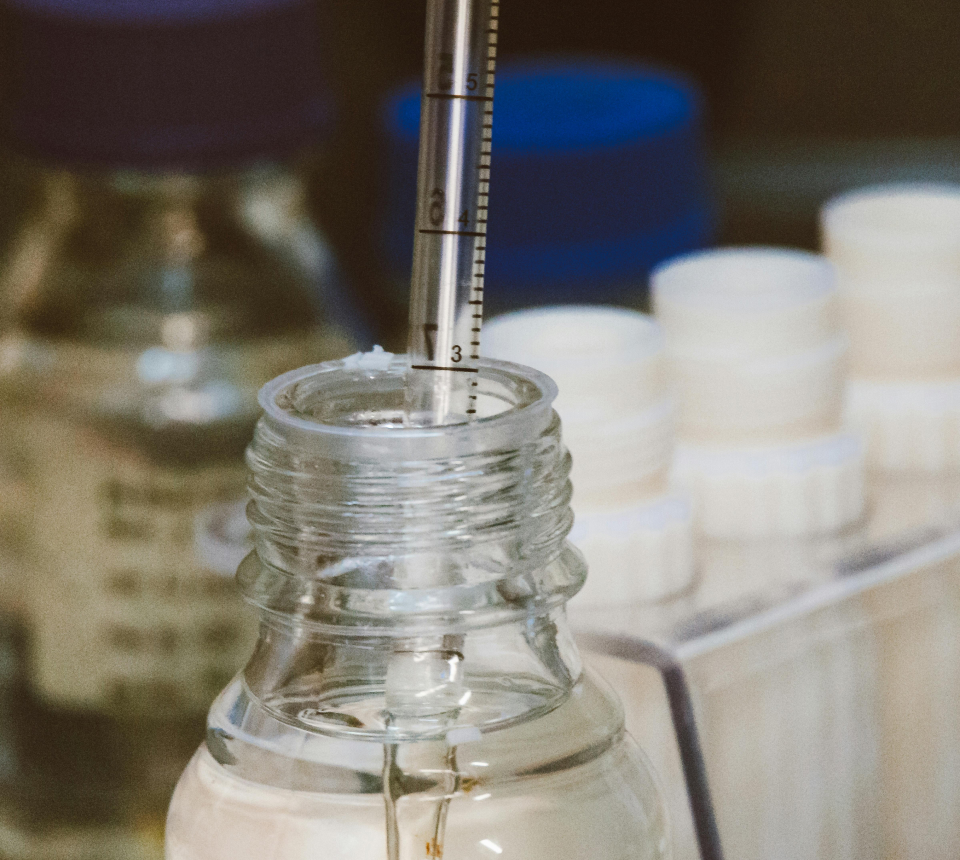





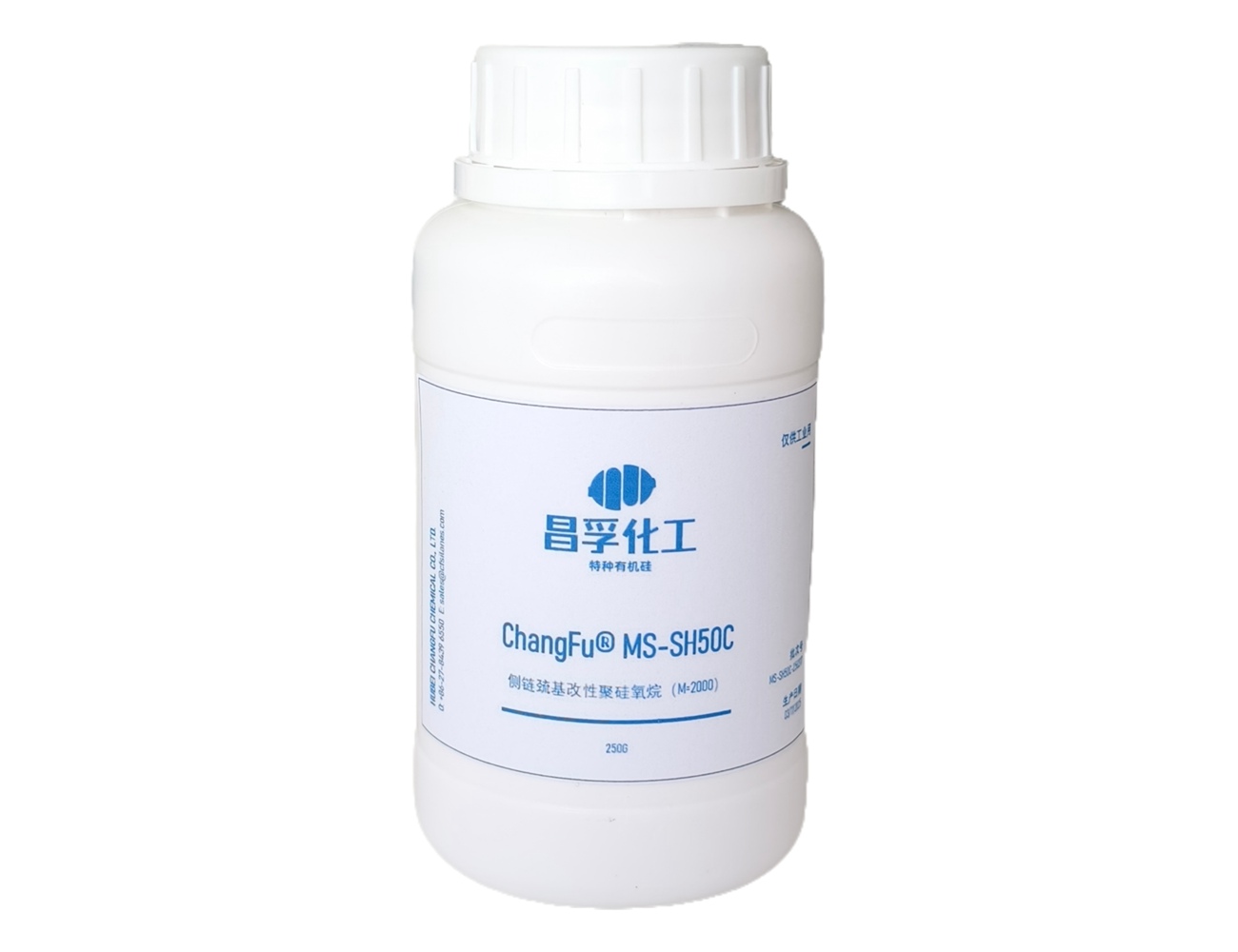



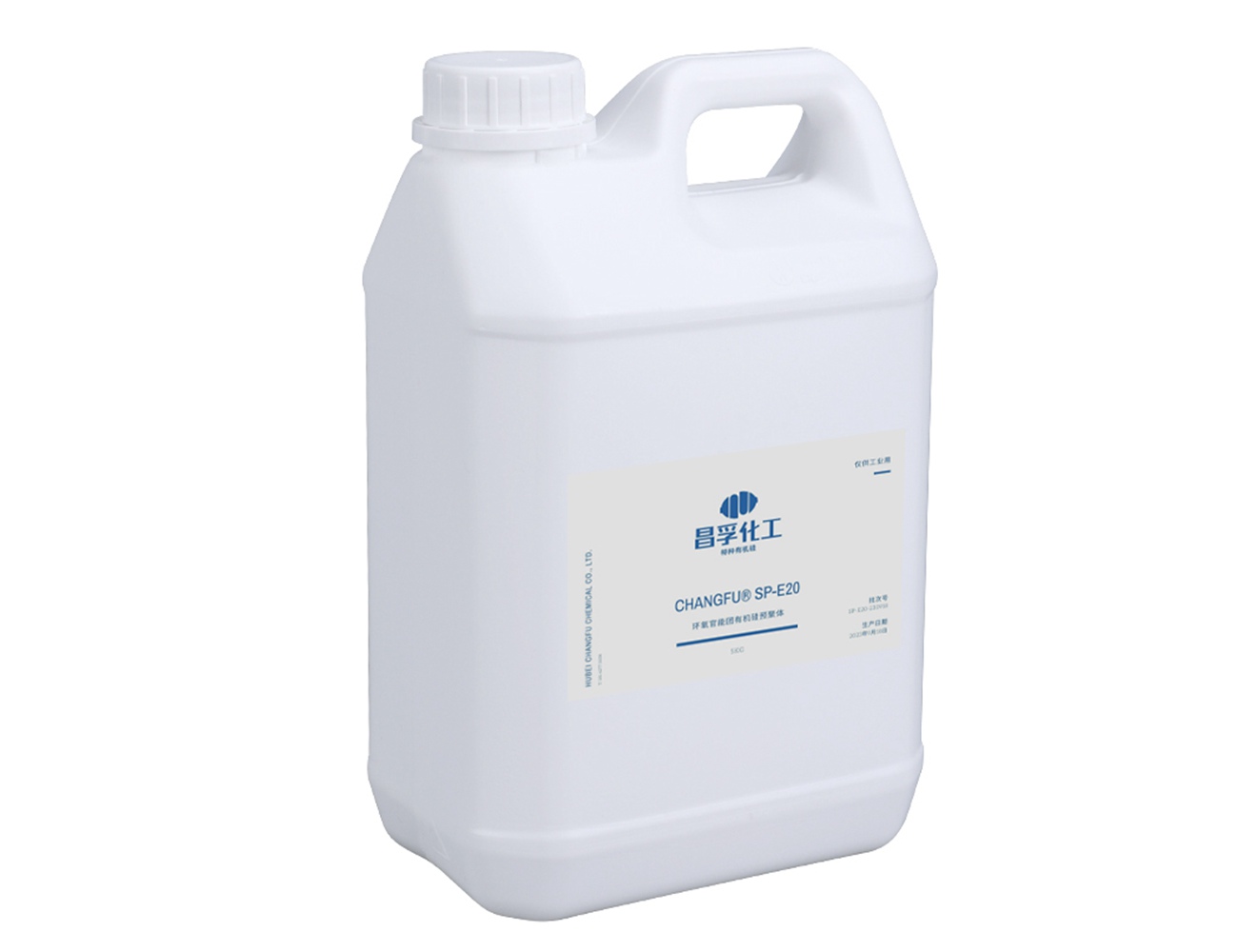
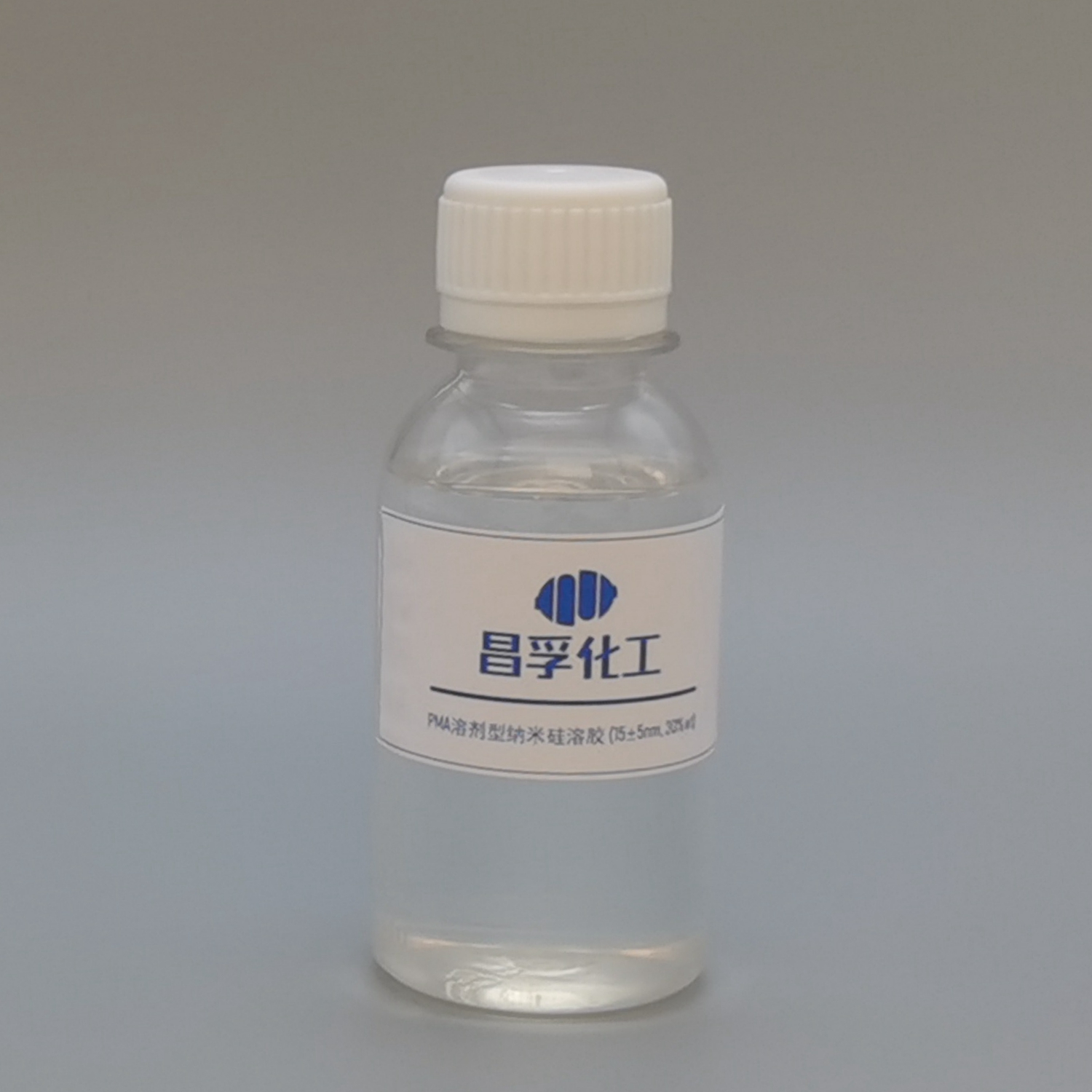
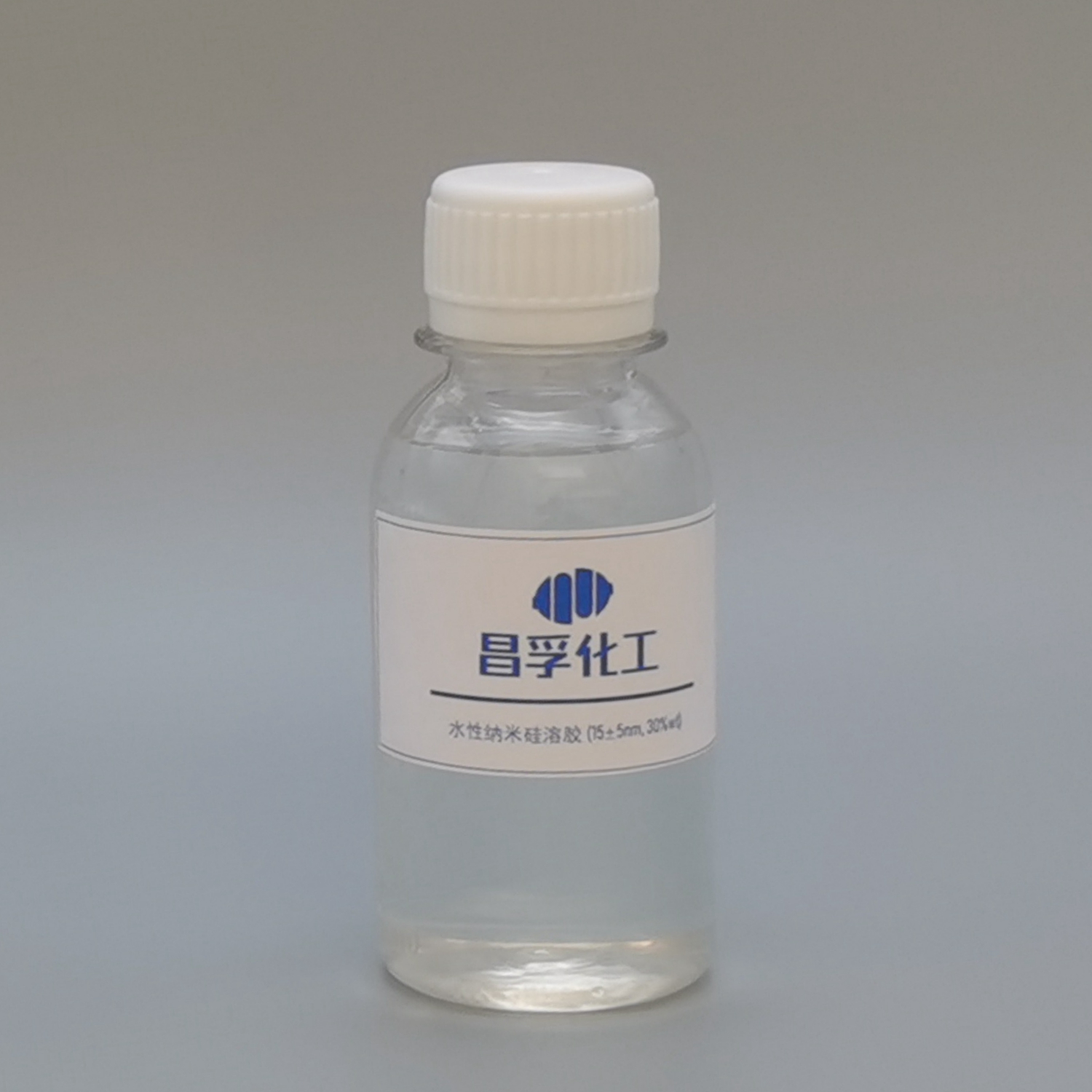

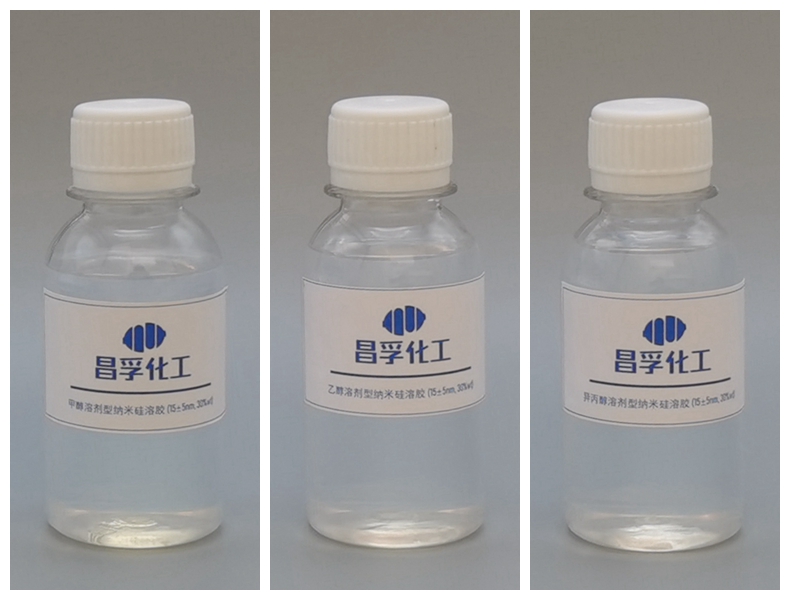
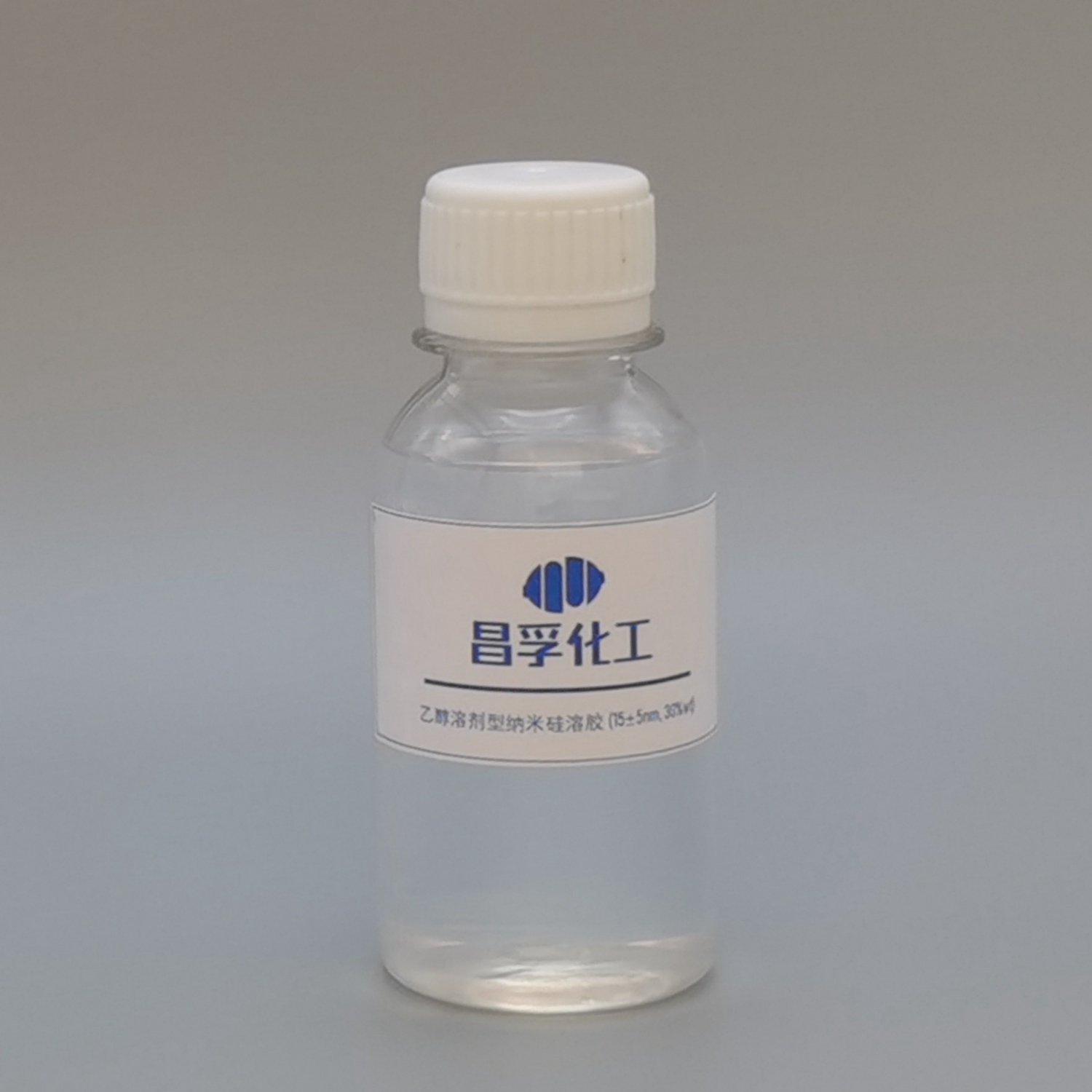
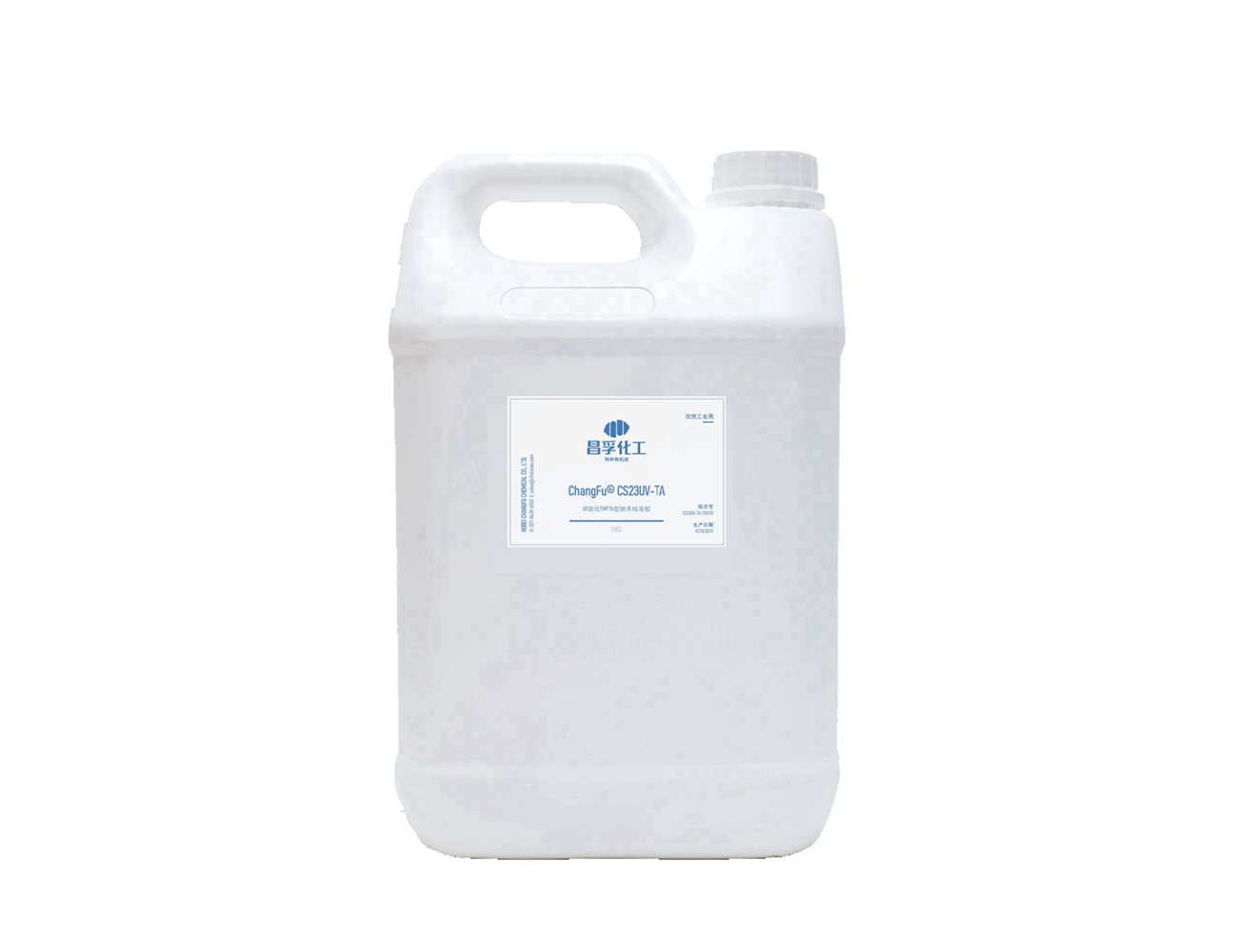
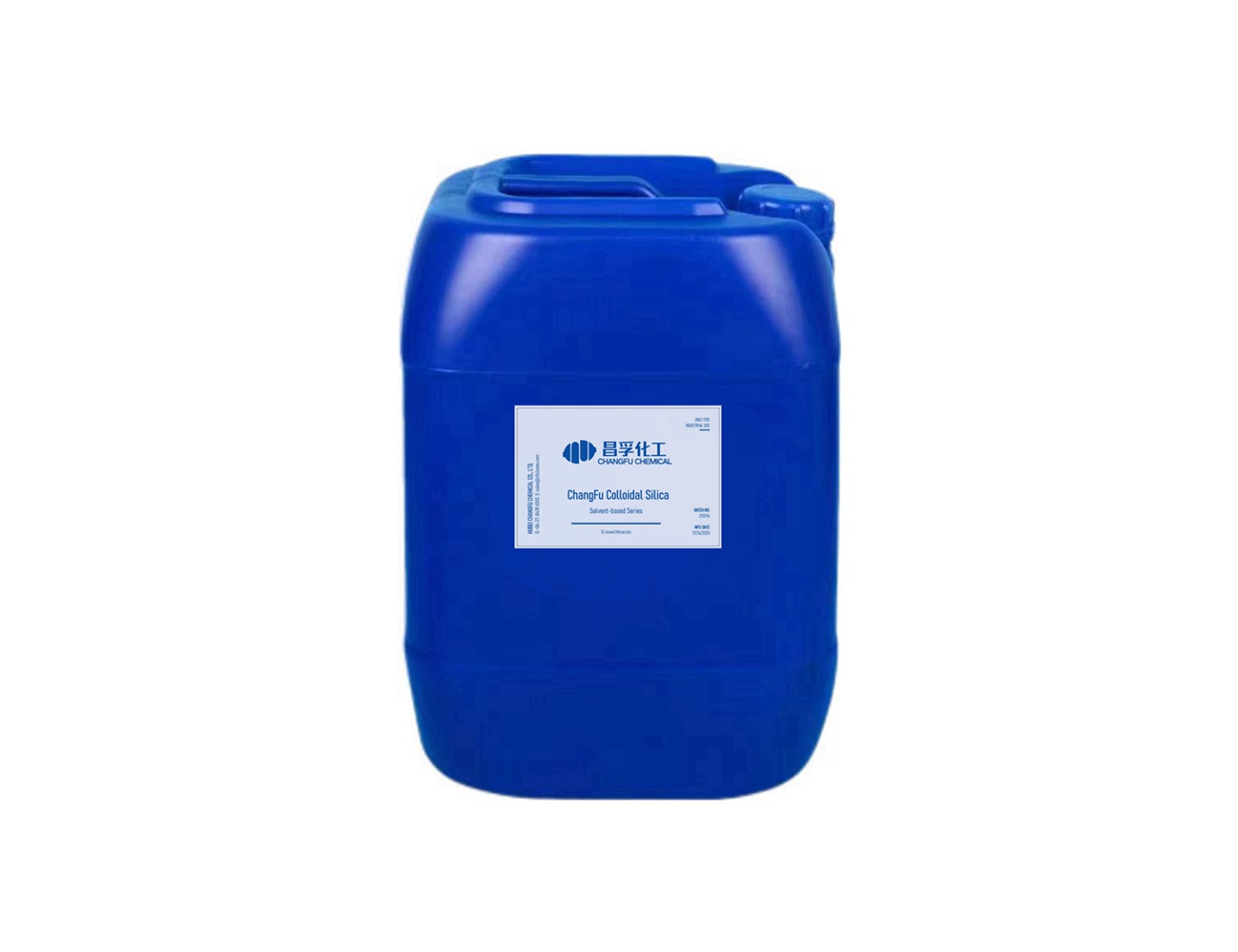


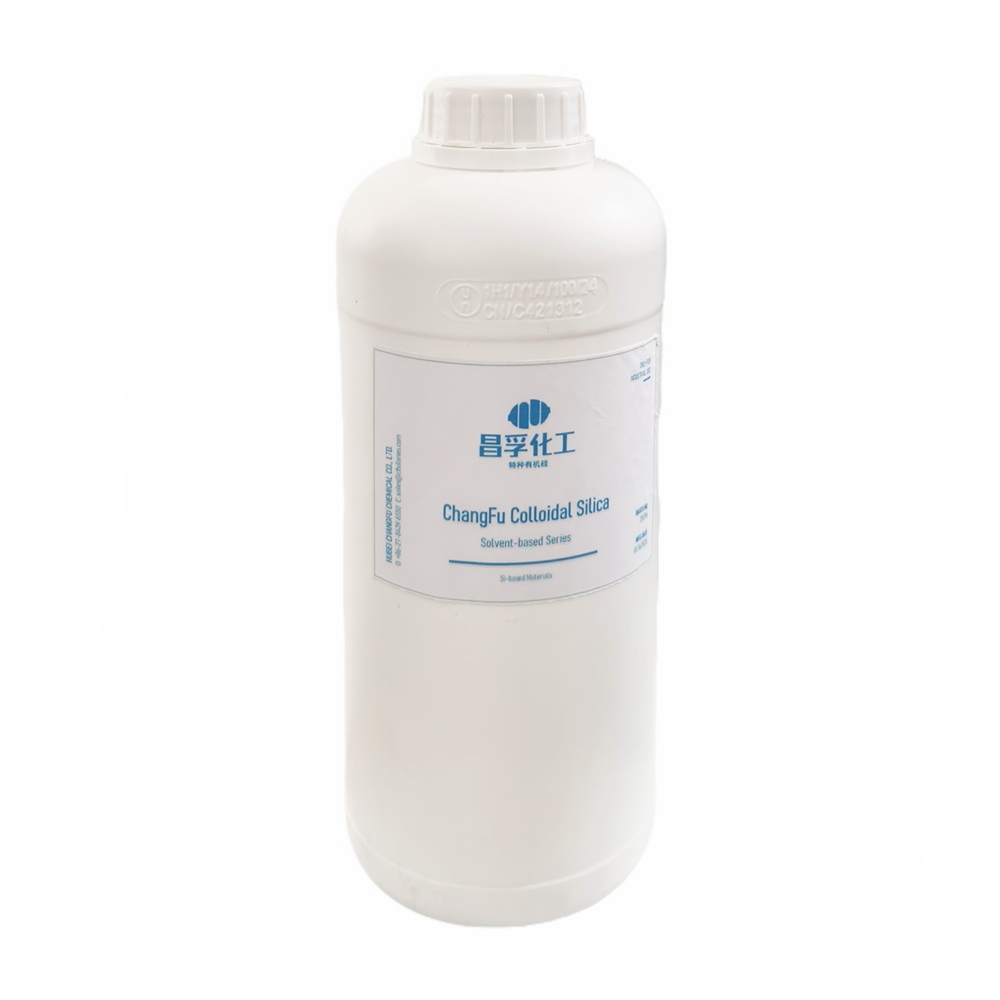


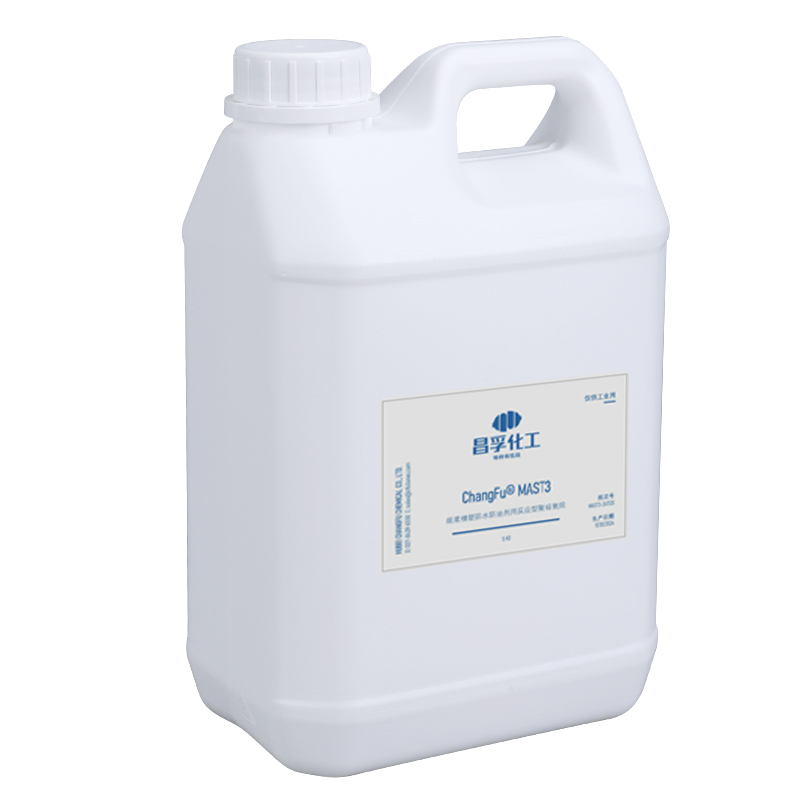





































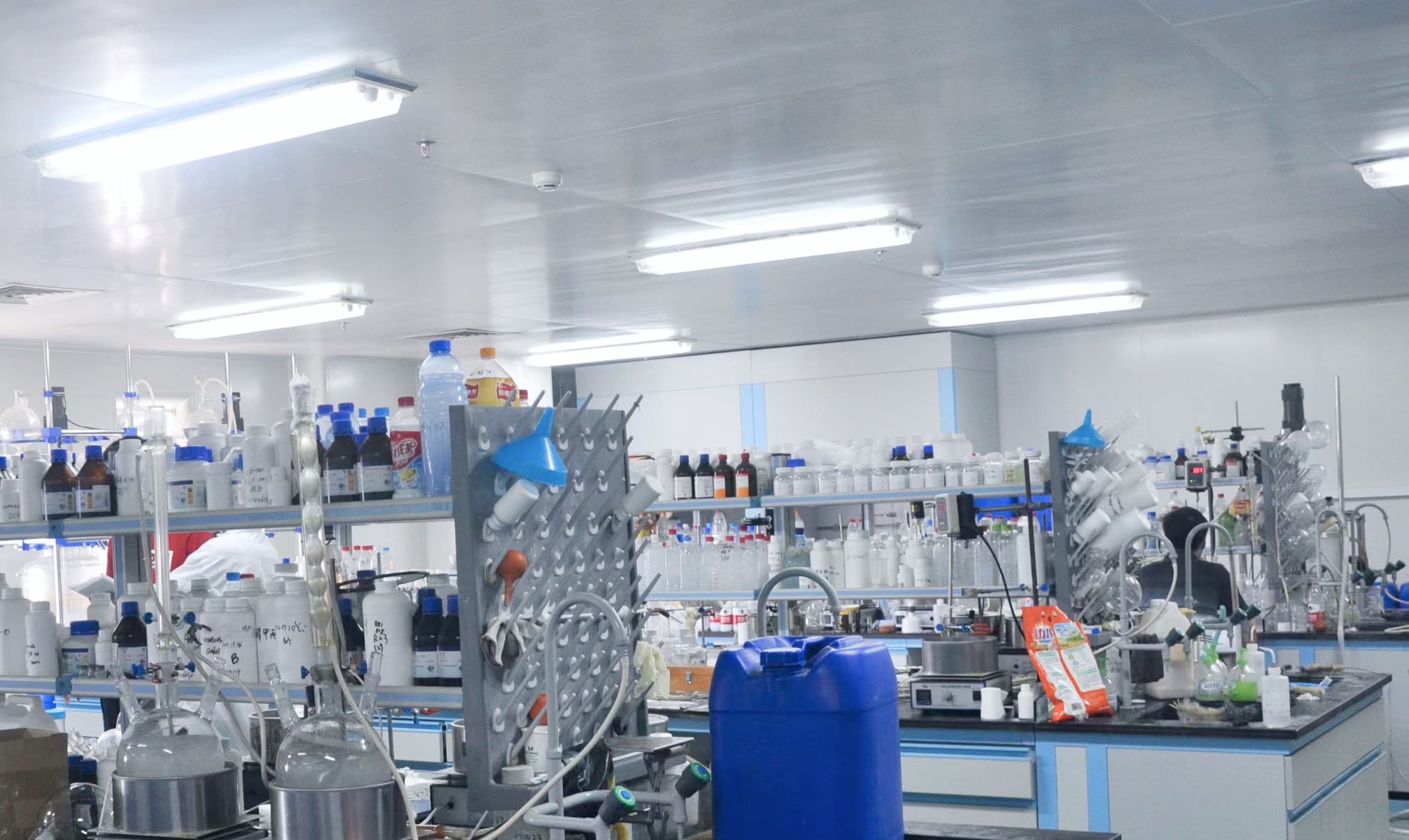

+86 27 8439 6550
+86 181 6277 0058
sales@cfsilanes.com
Optics Valley Bio-City
No. 666, Gaoxin Avenue
Hongshan District, Wuhan City

+86 27 8439 6550 | +86 181 6277 0058
sales@cfsilanes.com
Optics Valley Bio-City
No. 666, Gaoxin Avenue
Hongshan District, Wuhan City
Copyright © Hubei ChangFu Chemical Co., Ltd. All Rights



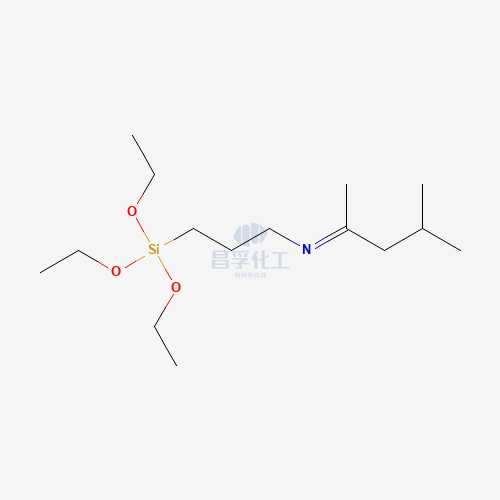
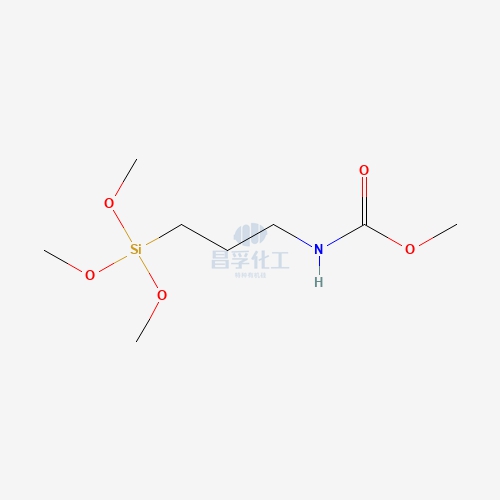
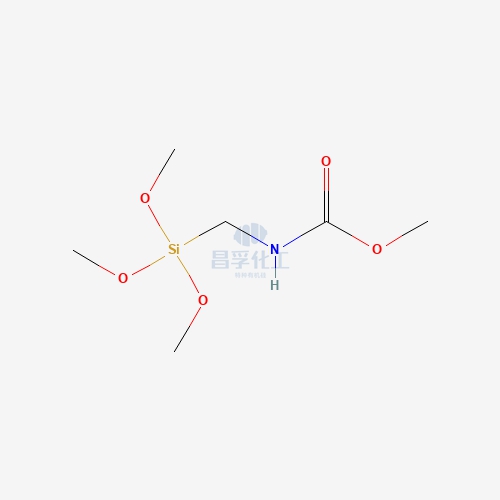
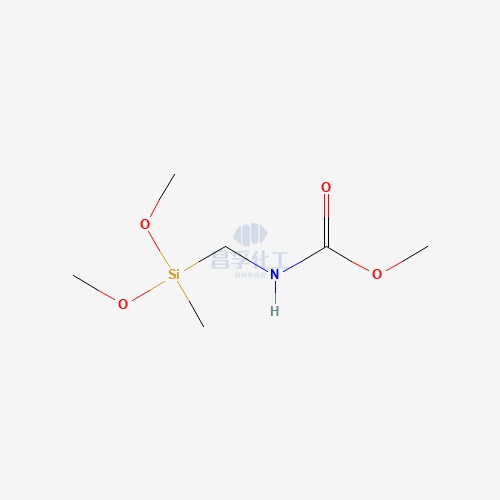
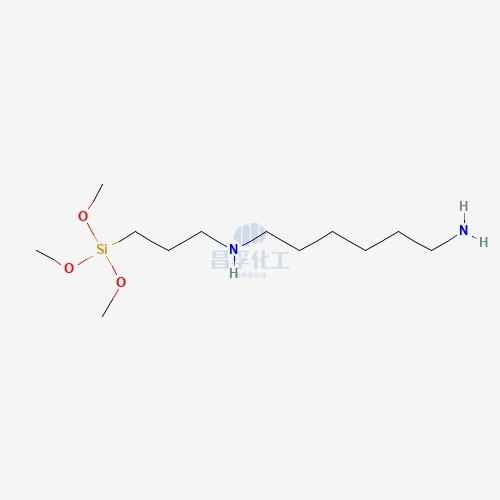
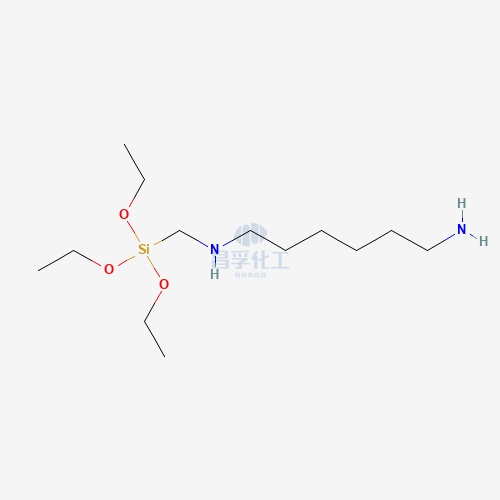
![N-[5-(Trimethoxysilylpropyl)-2-aza-1-oxopentyl]caprolactam CAS: 106996-32-1 106996 32 1 N-[5-(Trimethoxysilylpropyl)-2-aza-1-oxopentyl]caprolactam CAS: 106996-32-1 106996 32 1](https://cdn.yofishseo.com/1363882761272232/106996-32-1.jpg)
